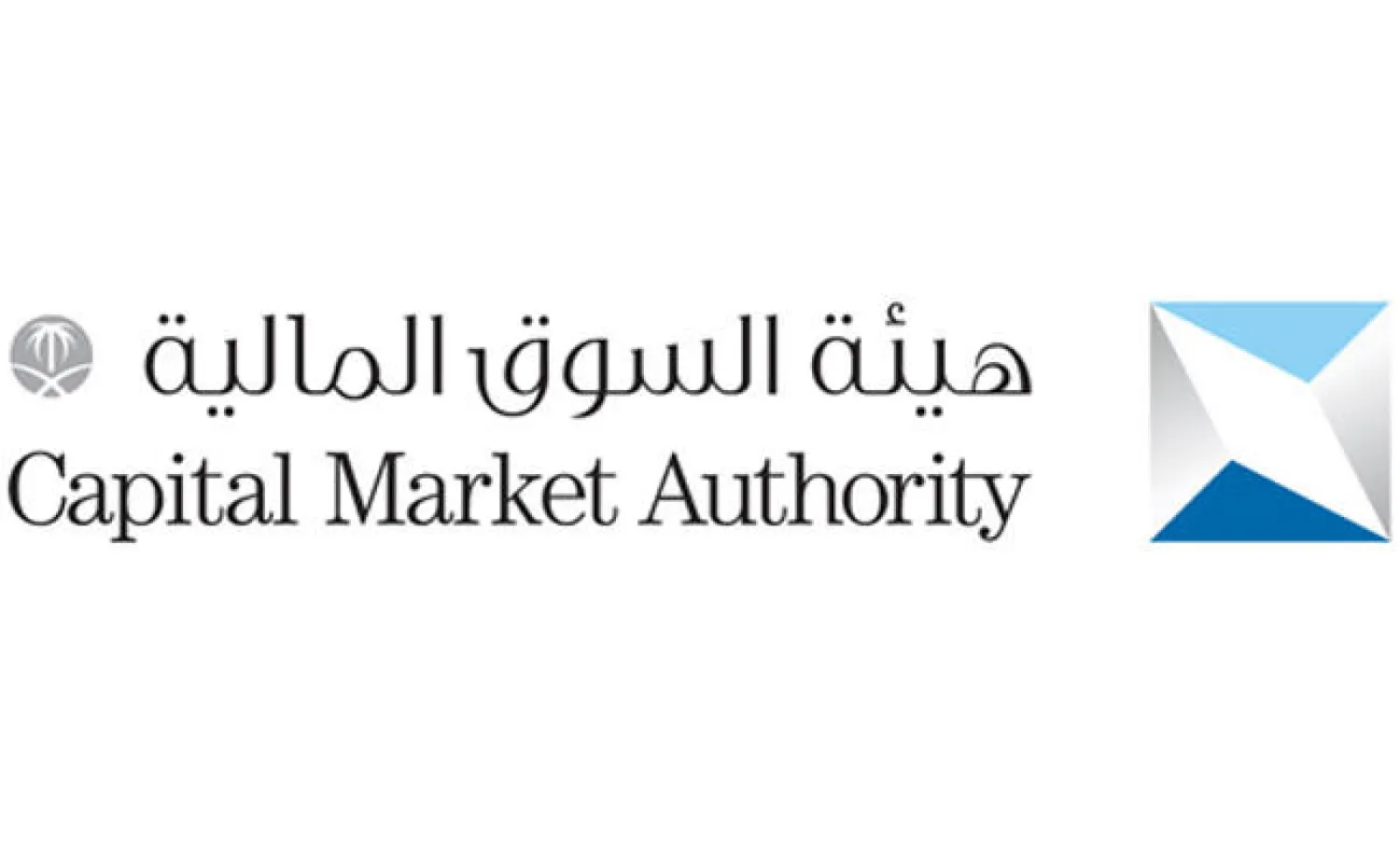The value of public and private investment funds increased 4 percent during the third quarter of 2018 compared to the previous quarter, with a total assets value of $75.6 billion, which is a new indicator of the increase in the volume of institutional investments in the Saudi stock market.
The investment fund includes a portfolio of securities selected based on specific criteria that meet the fund's investment objectives, according to the Saudi Capital Market Authority (CMA).
The profits of mutual funds are usually capital gains, meaning, profits that result following an improvement or change in the prices of invested securities, in addition to dividend profits, if any, for securities.
The increase in fund assets is due to a 9 percent increase in the value of private fund assets compared to Q2 2018 and reaching $ 44.1 billion.
About 330,800 members subscribed to the public and private investment fund this year, up from 315,100 in Q2 2018. This increase coincided with a 5 percent increase in the number of public investment funds to reach about 326,900 subscribers.
In terms of such type of investments in these funds, the assets of both securities and equity markets accounted for 77 percent of the total assets of public funds at about $18.5 billion and $5.78 billion respectively.
These developments come at a time when the number of companies and institutions in Saudi Arabia jumped 35 percent during this year’s Q3, compared to the same period of 2017.
In this regard, the Ministry of Commerce and Industry revealed a steady rise in the number of companies and institutions in the third quarter of 2018 compared to the same period in 2017 and 2016.
During the third quarter of 2018, a number of existing institutions recorded a 35 percent growth to reach 945,600 compared to the same period in 2017. The number of enterprises reached 824,700 compared to 701,300 in the third quarter in 2016.
The number of limited liability companies increased 25 percent during the third quarter of 2018 to reach 108,400 companies, compared to the same period in 2017 where the number was 96,700.









